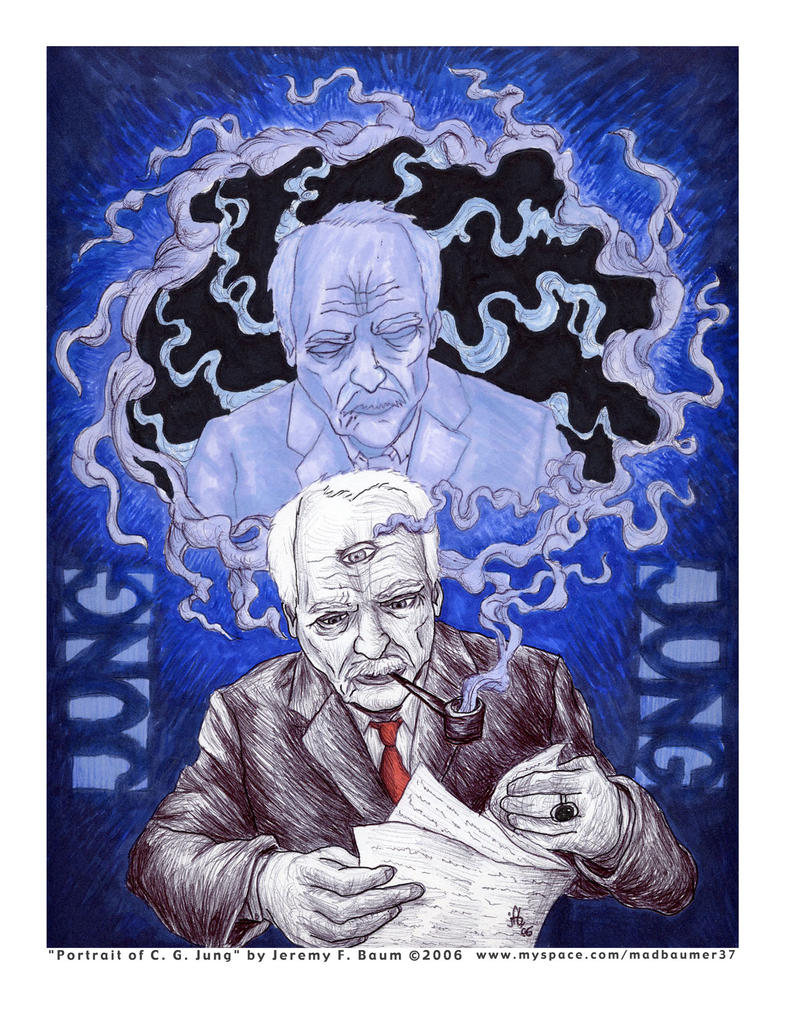Mal12345
Permabanned
- Joined
- Apr 19, 2011
- Messages
- 14,532
- MBTI Type
- IxTP
- Enneagram
- 5w4
- Instinctual Variant
- sx/sp
Hey guys I think Carl Jung is just like Yoda because he's a 9w1 who people can't freaking tell for the difference between INFJ and INTP!
It's funny how those 2 types look so dang similar to people, since I thought FJ and TP is suppost to be like the explorer Vs. the loyalist.
I'm not sure if that's the difference exactly. But notice how some in this thread use tertiary theory to prove whatever type they want Carl Jung to be. I can do that too. Carl Jung was an INFJ with tertiary Ti, thus explaining his Ti writing style.


